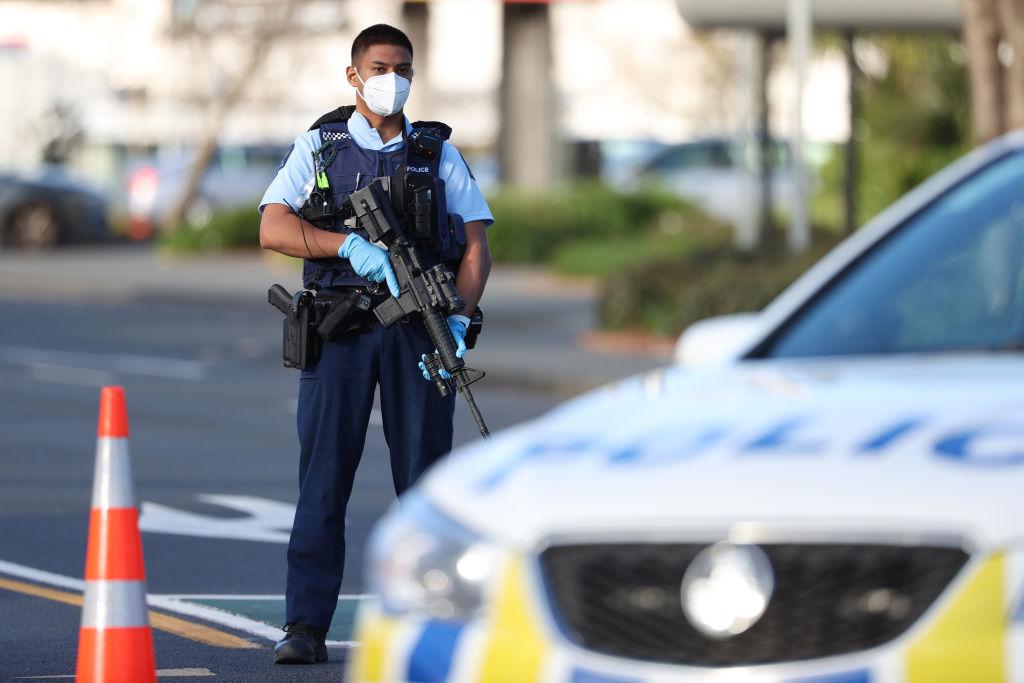The New Zealand government has announced another crime package aimed at tackling intensifying youth crime by expanding youth engagement and employment programmes, which has been met with renewed accusations of Labour being “soft on crime.”
Police Minister Chris Hipkins and Social Development Minister Carmel Sepuloni revealed that the government would be supporting thousands more participants in programmes that help create opportunities for young people to break the cycle of crime.





